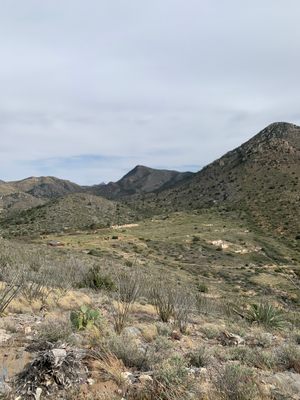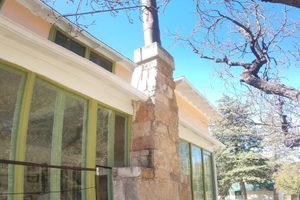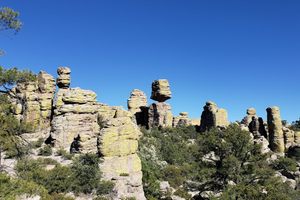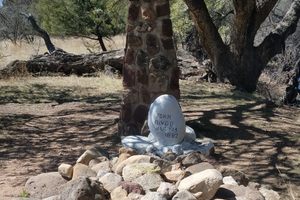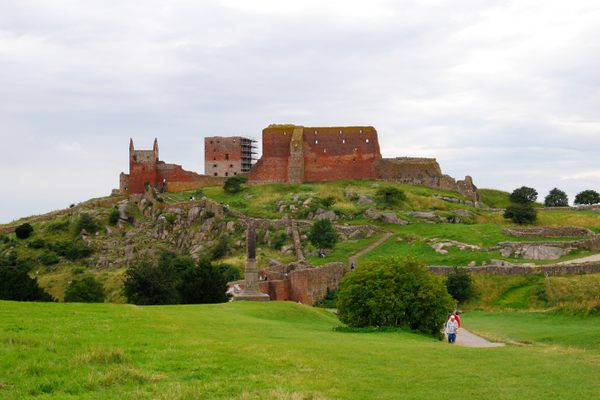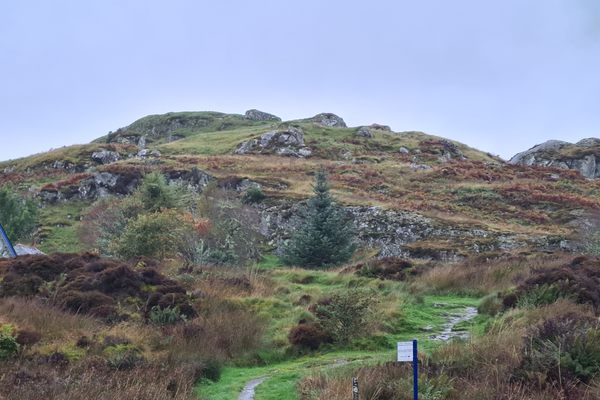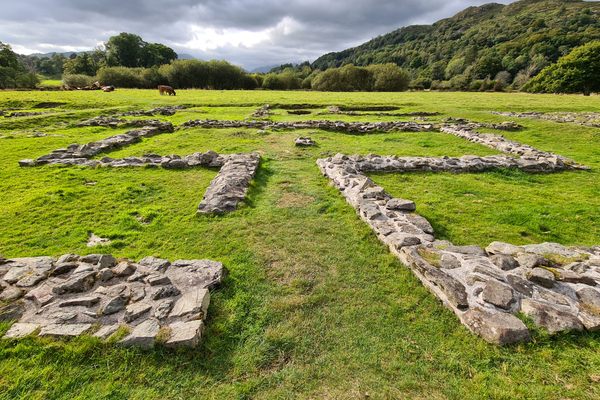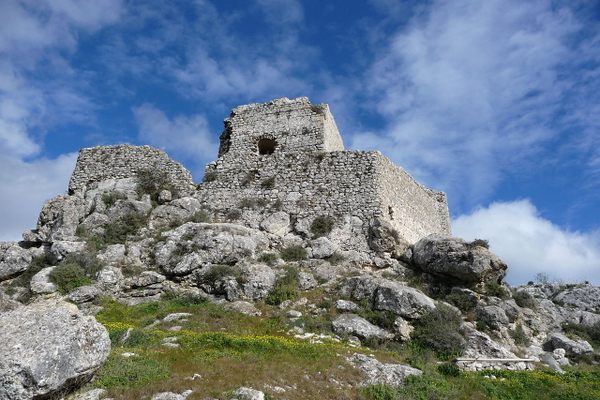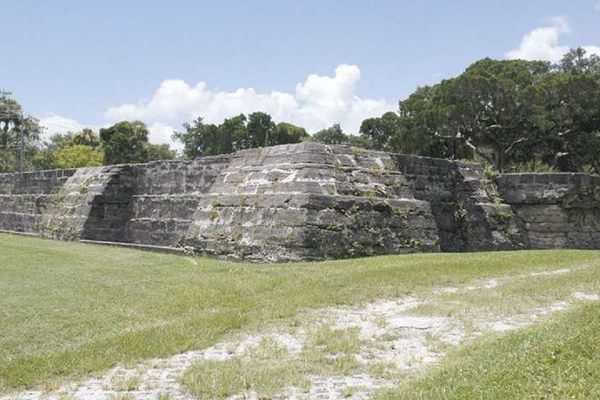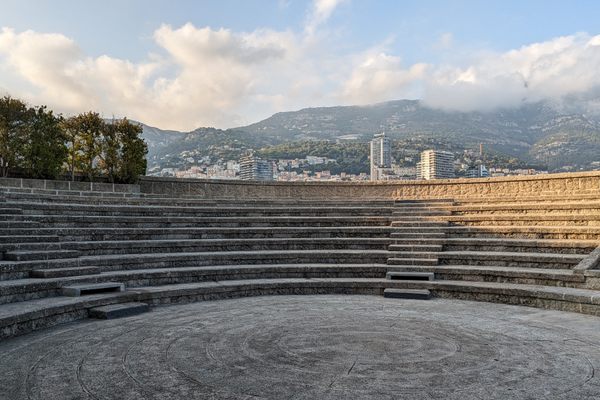About
In a remote corner of Arizona at the end of a dusty dirt road lies a collection of crumbling adobe walls. A few stone brick buildings bake in the desert heat. An American flag waving high on a pole is the only hint of active human presence. While it may not look like much now, this was once home to the fourth-largest community in Arizona, and one of the most important forts in the western frontier.
Throughout the late 1800s, Fort Bowie was the main staging point for the United States Army’s conflicts with the Chiricahua Apache, led by figures such as Cochise and Geronimo. US forces engaged with the Apache throughout the region, including the Battle of Apache Pass, which is located inside the park. These conflicts were not limited to fighting men, atrocities against civilian targets were committed on both sides. On September 5, 1886, Geronimo gave his final surrender. He was held at Fort Bowie for a time before being sent to prison in Florida.
At the end of its days, Fort Bowie was much more relaxed. Cottonwood trees were planted along the streets. The fort sported a tennis court, plumbing, and an ice machine. For eight years, life continued at this leisurely pace until 1894, when the remaining troops were reassigned to Fort Logan in Colorado. The adobe walls soon collapsed, leaving only a decaying reminder of the days when the West was a constant battlefield.
Related Tags
Know Before You Go
Fort Bowie is rather far from civilization. You’ll be fifteen miles from the nearest gas station, and out of cell service range. There is a water spigot by the ranger station, so be sure to fill up while you’re there!
Published
June 13, 2022
